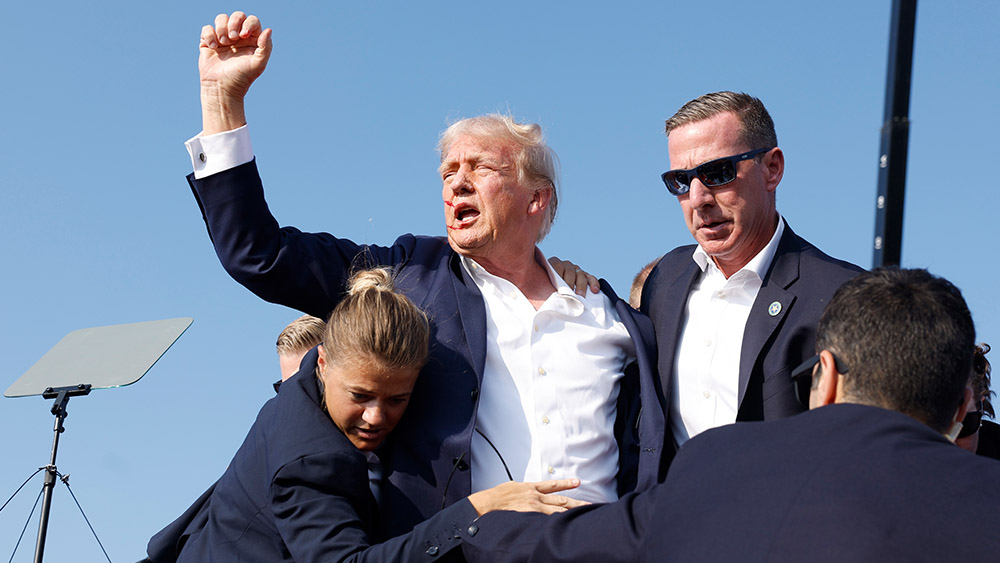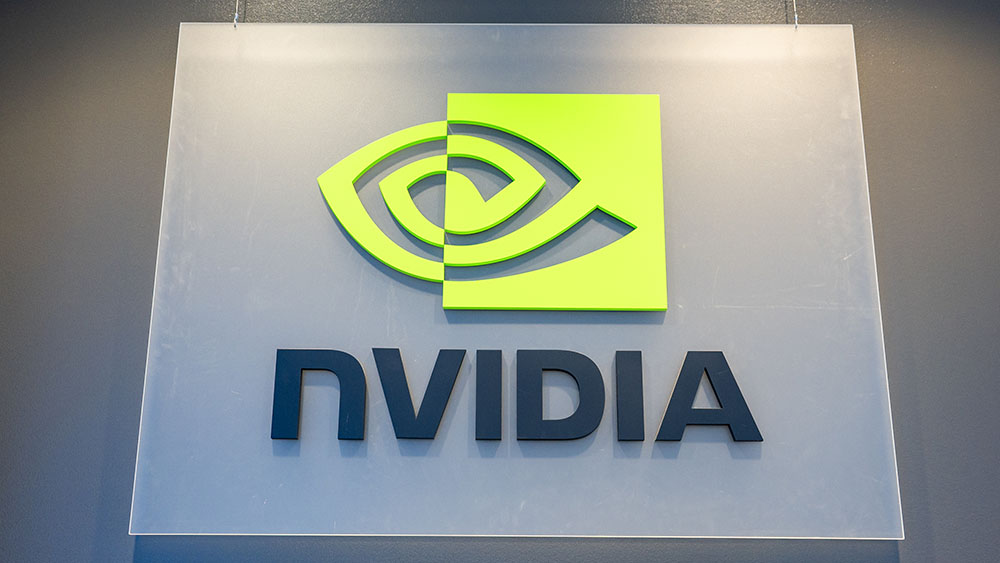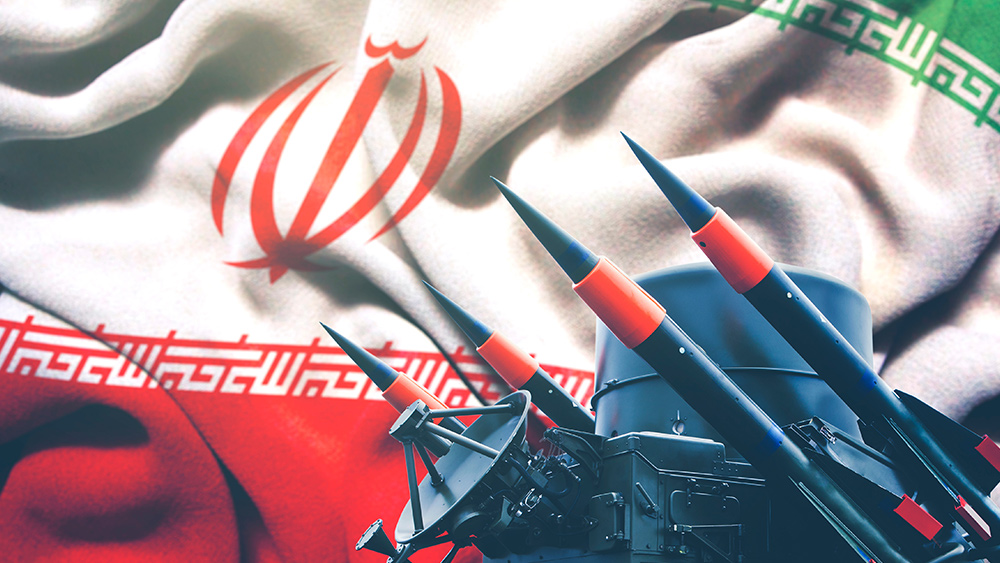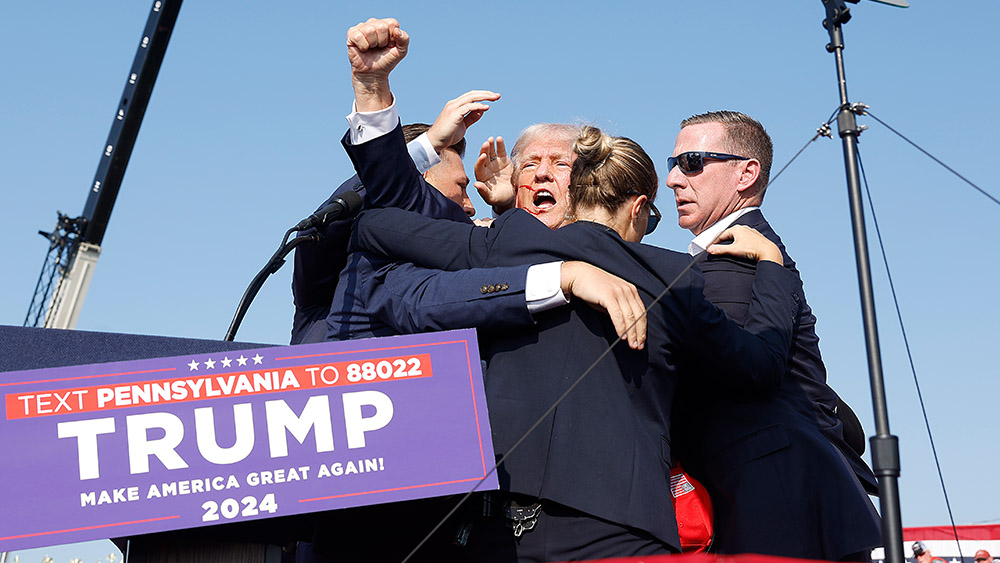 Parler
Parler Gab
Gab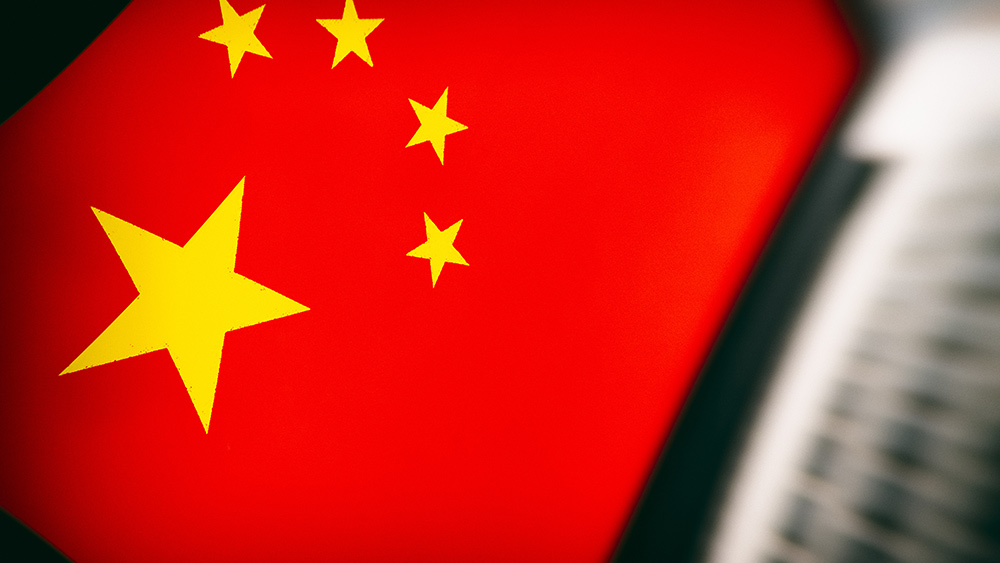
- A U.S. federal judge denied Huawei's motion to dismiss a 16-count indictment, allowing the case to proceed to trial on May 4, 2026. Charges include racketeering, trade secret theft and bank fraud.
- Prosecutors claim Huawei used a front company, Skycom, to conduct illegal business in Iran, violated U.S. sanctions and misled banks to process over $100 million in illicit transactions.
- The indictment accuses Huawei of orchestrating a racketeering scheme to steal proprietary technology from six U.S. companies, aiding its global expansion at the expense of U.S. law and national security.
- The company argues the case relies on flawed legal theories, including the discredited "right to control" fraud theory, and frames the prosecution as politically motivated under the former "China Initiative."
- The case underscores ongoing U.S.-China tensions over tech and security. Huawei, which operates globally and is growing in AI and chip development, denies all wrongdoing and says the charges lack jurisdiction.
Huawei cries lawfare, cites flawed legal theories and political targeting
Huawei, headquartered in Shenzhen, China, employs over 200,000 people and operates in more than 170 countries. While widely known for its smartphones and telecommunications equipment, the company is increasingly positioning itself as a key player in artificial intelligence and semiconductor development. Washington has long accused Huawei of acting as a conduit for Chinese state surveillance. The U.S. government began imposing restrictions on Huawei in 2019, cutting off its access to critical American technologies and placing it on a trade blacklist, citing concerns over national security and the potential for foreign espionage. However, Huawei has denied any wrongdoing. In a previous court filing in November 2024, the company pleaded not guilty and described itself as "a prosecutorial target in search of a crime." At that time, the U.S. accused Huawei of stealing its trade secrets and misleading banks about its dealings in Iran. But Huawei argued that many of the allegations fall outside U.S. jurisdiction. The company also accused the U.S. Department of Justice of pursuing the case under the now-defunct "China Initiative," which it described as "ill-founded" and biased against Chinese individuals and entities. Huawei also targeted the government's use of the "right to control" theory of fraud, which asserts that banks were misled and thus deprived of essential information to make informed decisions. That theory, Huawei noted, was rejected by the U.S. Supreme Court in 2023 in an unrelated case, potentially undermining key aspects of the bank fraud charges. Visit CommunistChina.news for more similar stories. Watch Patrick Bet-David explaining the U.S. government's ban on Huawei in this clip. This video is from the Truth Vendor channel on Brighteon.com.More related stories:
Romania approves US-backed bill banning Huawei from its 5G network.
US and UK partner up to ban Huawei from 5G surveillance and data collection.
Canada bans Chinese tech giants Huawei and ZTE from its 5G networks, citing security concerns.
Sources include: TheEpochTimes.com StraitsTimes.com Brighteon.comRussia’s bold gamble: Recognition of the Taliban to redraw regional power dynamics
By Willow Tohi // Share
Secret Service disciplined personnel after Trump shooting amid systemic overhaul calls
By Willow Tohi // Share
ChatGPT-powered robot successfully completes gallbladder removal surgery
By Cassie B. // Share
NVIDIA surpasses $4 trillion market cap amid AI boom and geopolitical strains
By Willow Tohi // Share
By Lance D Johnson // Share
Governments continue to obscure COVID-19 vaccine data amid rising concerns over excess deaths
By patricklewis // Share
Tech giant Microsoft backs EXTINCTION with its support of carbon capture programs
By ramontomeydw // Share
Germany to resume arms exports to Israel despite repeated ceasefire violations
By isabelle // Share

